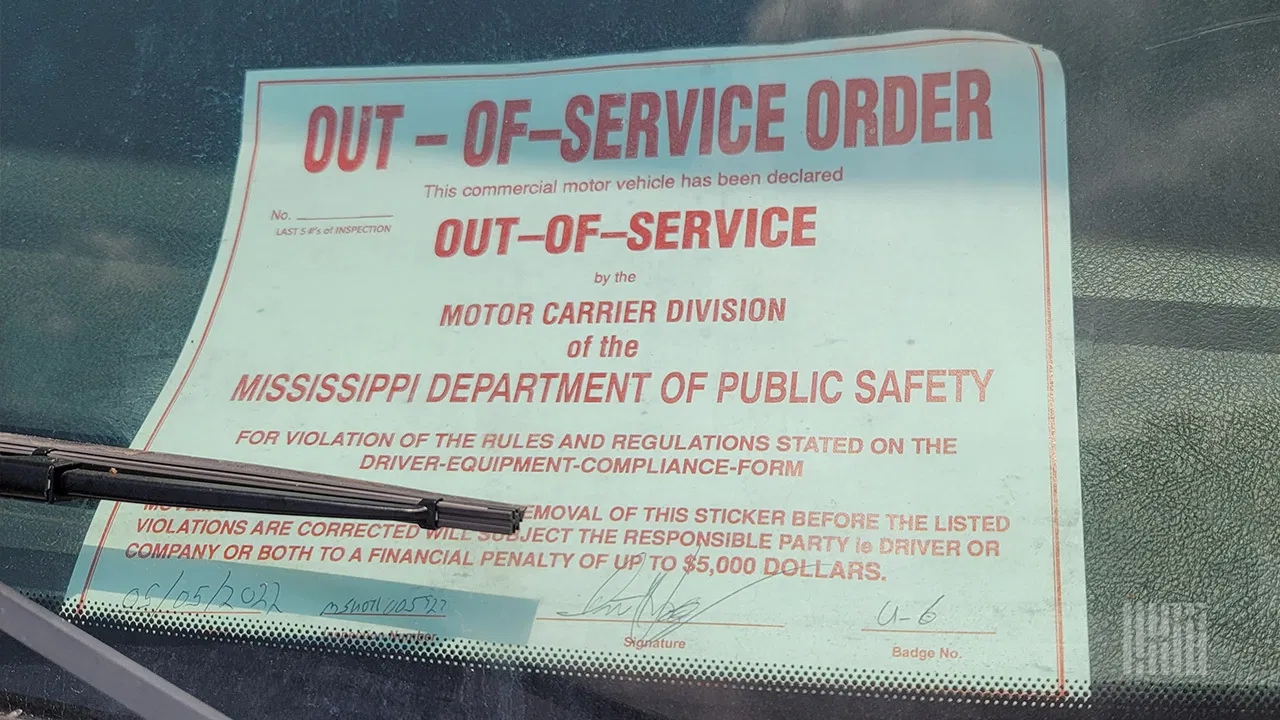Revised Regulations and Their Implications
In 2025, transportation and logistics operators must adapt to a significant shift in regulations regarding driver qualifications. The Federal Motor Carrier Safety Administration (FMCSA) recently issued guidance emphasizing the enforcement of the English Language Proficiency (ELP) rule, which can the drivers operating large commercial vehicles. Set to take effect on June 25, these new rules entail a two-part roadside assessment that drivers must successfully complete to avoid being placed out of service.
The Enforcement of ELP Rules
The FMCSA’s decision is underpinned by a broader effort to enhance roadway safety, as articulated in Executive Order 14286. The aim is to ensure that all drivers can comprehend and execute instructions in English, which is critical for safety during road inspections. Starting June 25, if a driver exhibits difficulty in understanding English, they will undergo a two-step evaluation process, leading to immediate out-of-service penalties for non-compliance.
The Structure of the New Assessment
The ELP assessment consists of two fundamental components: a verbal communication test and a writing evaluation. Both parts are designed to gauge the driver’s ability to comprehend and convey critical information effectively. Failing either of these tests results in immediate penalties. Consequently, the stakes are high for drivers who may find themselves unable to perform their duties if they cannot demonstrate English proficiency.
Co to oznacza dla branży
The implementation of these ELP rules introduces pressing questions about equity and access in the industry. With a significant number of drivers potentially affected, fleets may need to reconsider their recruitment and training processes to prepare their drivers adequately. This is particularly relevant as logistics companies plan to maintain a steady supply of qualified personnel capable of meeting these new standards.
Cargo Movements and Logistics Management
The implications of these regulations extend beyond individual drivers. For logistics companies, ensuring compliance means potentially allocating resources for language training and hiring personnel who meet these ELP requirements. Firms involved in moving goods must keep a finger on the pulse of these developments, as they can directly impact operational efficiency and overall service quality.
- Adaptation Costs: Hiring trainers and developing curriculum.
- Operational Delays: Potential out-of-service situations due to ELP non-compliance.
- Recruitment Shift: Focus on hiring drivers with existing English proficiency.
- Community Outreach: Consideration of programs to support non-native speakers.
Strategies for Compliance
Logistics companies should proactively implement strategies to navigate these changes smoothly. Here are a few recommendations:
- Training Programs: Establish language proficiency enhancement programs targeting current and future drivers.
- Bi-lingual Resources: Develop training materials and conduct assessments in multiple languages.
- Partnerships with Language Schools: Collaborate with local institutions for formalized training resources.
- Onboarding Evaluations: Revise onboarding processes to include ELP assessments.
Customer Service and Logistics Integration
Customer service plays a key role in logistics. A firm’s ability to ensure that its drivers are compliant with regulations directly affects its reputation for reliability. In the logistics industry, where competition is fierce and clients expect timely deliveries, any disruption can have significant consequences. Thus, integrating compliance training into the customer service strategy could prove advantageous.
Jak działa GetTransport.com
Platforms like GetTransport.com offer a unique solution for logistics needs by providing affordable and flexible global transportation options. They facilitate the movement of cargo, vehicles, and larger items while ensuring that all service providers meet set standards, including language requirements. This can alleviate challenges faced by logistics firms as they adapt to the evolving landscape.
Podsumowanie
The FMCSA’s push for improved driver English proficiency reshapes the logistics sector landscape. These new regulations go beyond simply enforcing compliance; they prompt logistical firms to rethink their hiring and training strategies to ensure seamless operations. As the trucking industry grapples with these changes, GetTransport.com stands ready to provide solutions that simplify cargo logistics, making it easier to adapt to new standards. In the long run, establishing a robust transportation and logistics strategy is crucial for success.
Even the most detailed reviews and honest feedback cannot substitute for personal experience. By taking advantage of GetTransport.com’s global reach and diverse offerings, you can make the most informed decisions without breaking the bank. This is an opportunity for businesses to adapt to a rapidly changing landscape effortlessly. For your next cargo transportation, consider the convenience and reliability of GetTransport.com. Book now at GetTransport.com.

 FMCSA wprowadza nowe zasady znajomości języka angielskiego dla kierowców CDL">
FMCSA wprowadza nowe zasady znajomości języka angielskiego dla kierowców CDL">